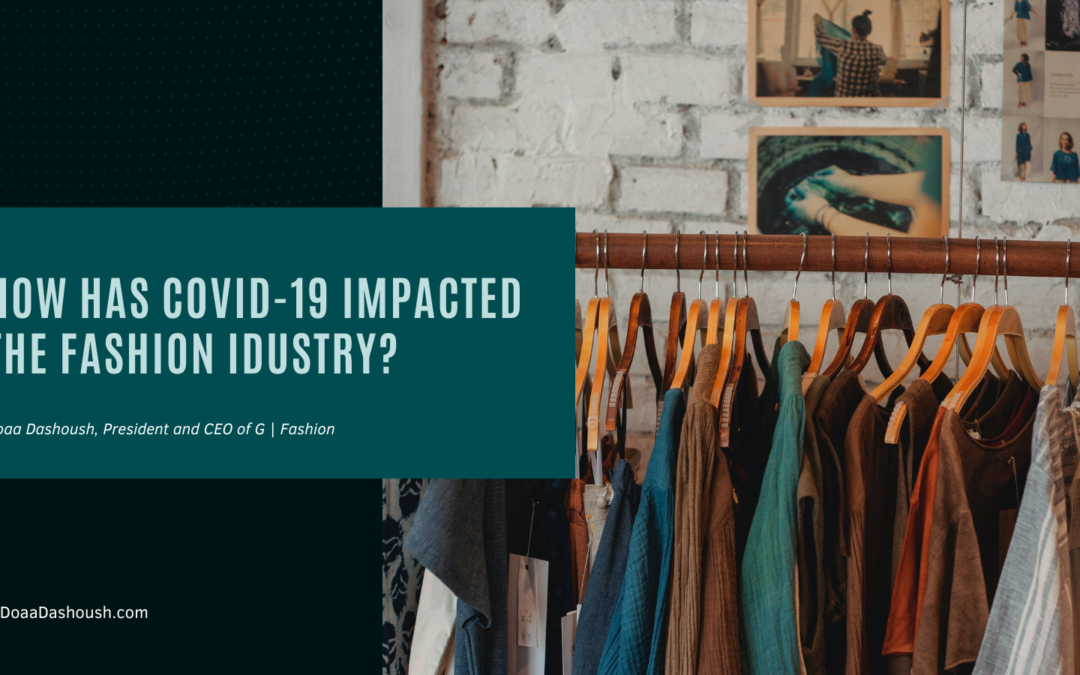The COVID-19 pandemic has had a colossal effect on every type of industry, and the fashion industry was no exception. The fashion industry has been negatively affected by the COVID-19 outbreak on every level—everything from retailers to supply chains to vendors. The fashion industry’s deterioration has seriously impacted the global economy and has caused the unemployment of millions of artists, designers, and sewists from all over.
Exporters from different parts of the world were some of the most negatively impacted. For example, Bangladesh is the world’s second-largest apparel exporter of western fast fashion brands, so it was no surprise that it heavily affected the country. A report by Bloomberg stated that an estimated 1,089 garment factories in Bangladesh had their orders canceled due to the COVID-19 outbreak, costing them about $1.5 bn. During this crisis, fast fashion disregarded the safety of their workers and failed to compensate them adequately. When factories in Bangladesh were closed indefinitely, workers were given less than a month’s salary as compensation.
Despite the pandemic’s impact, many luxury fashion houses stepped up to donate during the crisis. Tiffany & CO. was one of the most notable brands that donated $750,000 to the COVID-19 Solidarity Response Fund for the World Health Organisation and $250,000 to The New York Community Trust’s NYC COVID-19 Response & Impact Fund. Other brands who made contributions were Versace, Dolce & Gabbana, Giorgio Armani, and Moncler.
Although the COVID-19 pandemic caused a turn for the worse, it also opened up the conversation for sustainability in the fashion industry. The fashion industry makes up 10% of humanity’s carbon emissions, more than all international flights and maritime shipping combined. In addition, it dries up water sources and pollutes our oceans. With stores and warehouses closed, there was a lot of existing stock. The crisis created an opportunity for brand leaders to consider how the fashion industry can reset and invest in more sustainable strategies such as recycling and upcycling.
No industry was prepared for the impact that was caused by the COVID-19 pandemic. Jobs were lost, businesses closed, and people were asked to isolate themselves at home for months. Every industry, including the fashion industry, learned something from this experience. It revealed some of its flaws and inequities, but this discovery can be used to create a plan for a healthier future.
Doaa Dashoush is an experienced businesswoman in the fashion industry. She currently serves as the President and CEO of GFASHION, a global luxury brand currently based in New York City. GFASHION prides themselves on their unique approach to the industry. They don’t follow trends set by others. The Luxury brand focuses on innovative design through their work with the top designers on collections that reflect the company’s craftsmanship.
